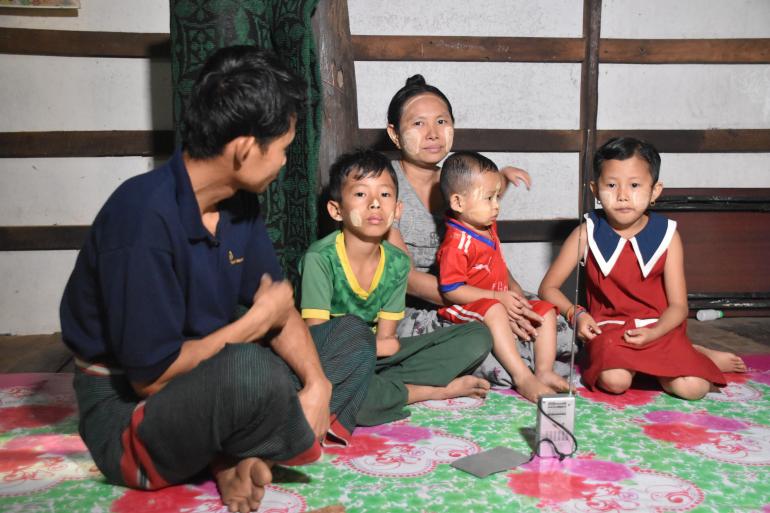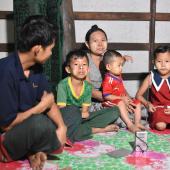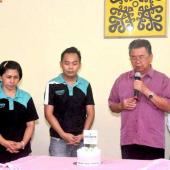Is Radio relevant today? Yes. No. It’s complicated!

Word Radio Day on February 13
Is Radio relevant today? Yes. No. It’s complicated. Radio has survived, evolved, and remains accessible to the poor, even with no electricity.
The UN acknowledges that Radio is a powerful medium for celebrating humanity in all its diversity and constitutes a platform for democratic discourse.
At the global level, radio remains the most widely consumed medium. This unique ability to reach out to the broadest audience means radio can shape a society’s diversity experience stand as an arena for all voices to speak out, be represented and be heard.
Radio stations should serve diverse communities, offering a wide variety of programs, viewpoints and content, and reflect the diversity of audiences in their organizations and operations.
Proclaimed in 2011 by the Member States of UNESCO and adopted by the United Nations General Assembly in 2012 as an International Day, February 13 became World Radio Day (WRD).
UNESCO’s General Conference, at its 36th session, proclaimed World Radio Day on February 13.
Radio is the mass media reaching the widest audience in the world. It is also recognized as a powerful communication tool and a low-cost medium.
Radio is specifically suited to reach remote communities and vulnerable people: the illiterate, the disabled, women, youth and the poor while offering a platform to intervene in the public debate, irrespective of people’s educational level. Furthermore, radio has a strong and specific role in emergency communication and disaster relief.
Last year, Pope Francis encouraged people to carry the word to most remote places. “The challenge that awaits us, then,” says Pope Francis, “is to communicate by encountering people, where they are and as they are.”
There is also a changing face to radio services that are taking up new technological forms, such as broadband, mobiles, and tablets, in the present times of media convergence. However, it is said that up to a billion people still do not have access to radio today.
The United Nations radio was established February 14 as World Radio Day in 1946, was proposed by the Director-General of UNESCO. The objectives of the Day will be to raise greater awareness among the public and the media of the importance of radio, to encourage decision-makers to establish and provide access to information through radio and enhance networking and international cooperation among broadcasters.
Radio Veritas Asia (RVA), a media platform of the Catholic Church, aims to share Christ. RVA started in 1969 as a continental Catholic radio station to serve Asian countries in their respective local language, thus earning the tag “the Voice of Asian Christianity.” Responding to the emerging context, RVA embraced media platforms to connect with the global Asian audience via its 21 language websites and various social media platforms.













